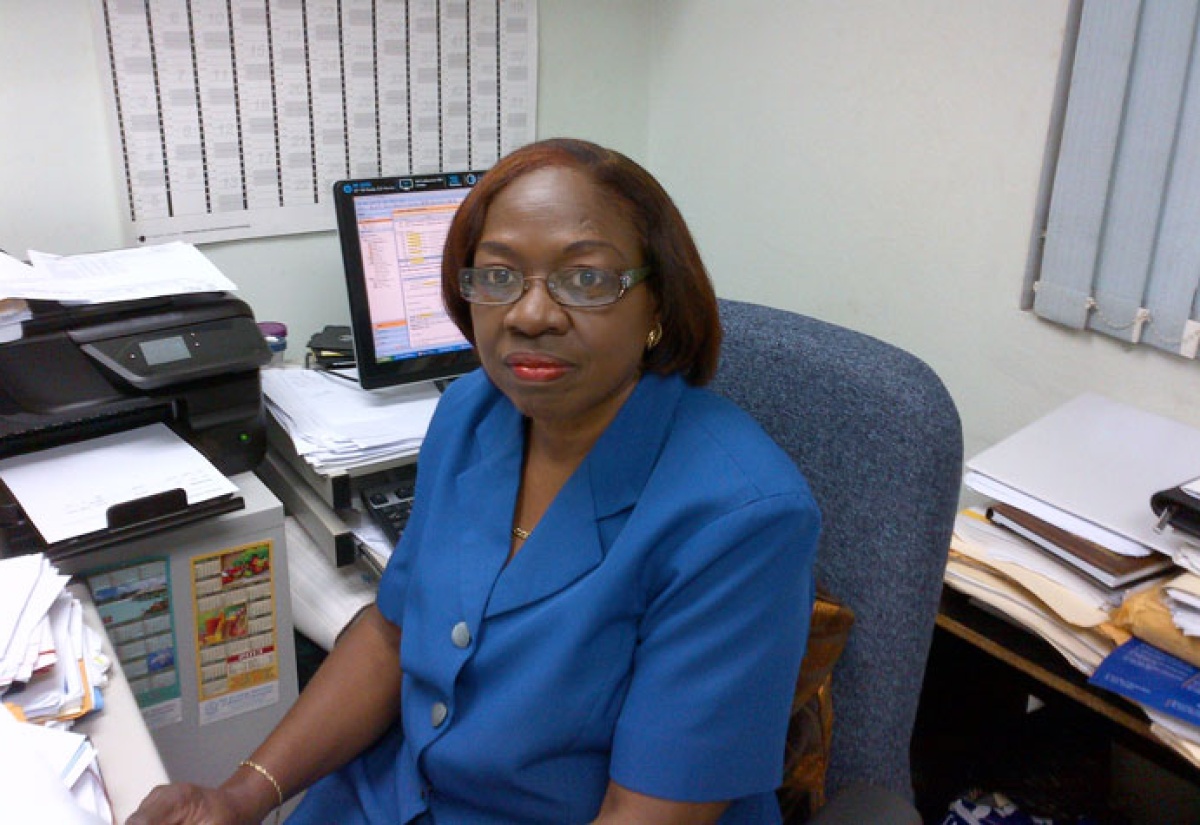LAJ Supports Legislation on Accreditation
By: , June 9, 2014The Key Point:
The Facts
- Currently, laboratory accreditation in Jamaica is voluntary.
- Accreditation will affirm competence in the respective areas and the expertise of the laboratory.
The Full Story
The Laboratories Association of Jamaica (LAJ) will support legislation that mandates laboratories to be accredited in order to operate.
This was stated by President of the LAJ, Coleen Sinclair Mattis, as the local group, Jamaica National Agency for Accreditation (JANAAC), joins accreditation organisations in over 90 countries in observing World Accreditation Day, on June 9.
Noting that currently, laboratory accreditation in Jamaica is voluntary, Mrs. Sinclair Mattis said mandatory accreditation of labs would not only increase consumer confidence in lab results, but would also level the playing field from a business perspective.
“This would be a good piece of legislation, because it would provide a level playing field if every lab is accredited. It will eliminate any doubt that might arise from the results produced by the lab. It would definitely open new markets for exporters, especially as they face challenges with their products, because if the testing is not done by an accredited lab, the importers will not accept it,” she told JIS News.
The LAJ Head said that accreditation will affirm competence in the respective areas and the expertise of the laboratory.
“Accreditation will instil confidence in the staff, management and external users of the laboratories. Mandated accreditation can be a tool to satisfy regulators,” the President said
Mrs. Sinclair Mattis noted however, that such a move, though designed to increase consumer confidence, could impact the fees labs charge for their services, since achieving and maintaining accreditation can be an expensive venture.
Without mandatory accreditation, there is need for extensive public education for consumers, who though more discerning today, still do not appreciate fully the importance of accreditation.
“Consumers will go for the less expensive test charges. Some persons in Jamaica do not understand the importance of being accredited, so they question and compare the costs. An accredited lab cannot help but increase the cost for tests, based on the accreditation process they have experienced,” she told JIS News.
The LAJ Head also pointed out that some non- accredited laboratories are short on resources and will need assistance to attain accreditation.
“Documentation of standard procedures is like a second job. However, we have members of the LAJ who are experts in this area and they can offer assistance with this process. They can offer seminars, workshop, symposium to provide information relating to accreditation,” she outlined.
Also supporting this call for mandated accreditation is the Jamaica National Agency for Accreditation (JANAAC).
According to Acting Chief Executive Officer, Mrs. Claudette Brown, the effective and efficient implementation of a Quality Management System (QMS) is a vital feature of any laboratory that wishes to be regarded as competent and possessing the ability to provide accurate and reliable test results to aid successful trade.
“The QMS within a lab includes documentation on its methods, resources, equipment and monitoring processes, which must be in accordance with the requirements of the appropriate international standard, in order for the test results from these labs to be accepted internationally. It is therefore current practice for many countries worldwide to mandate the use of accreditation in the implementation of its regulations,” Mrs Brown said.


